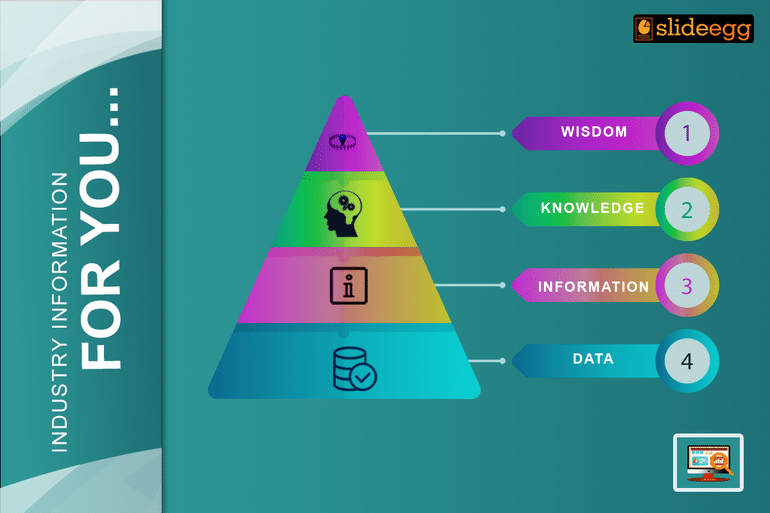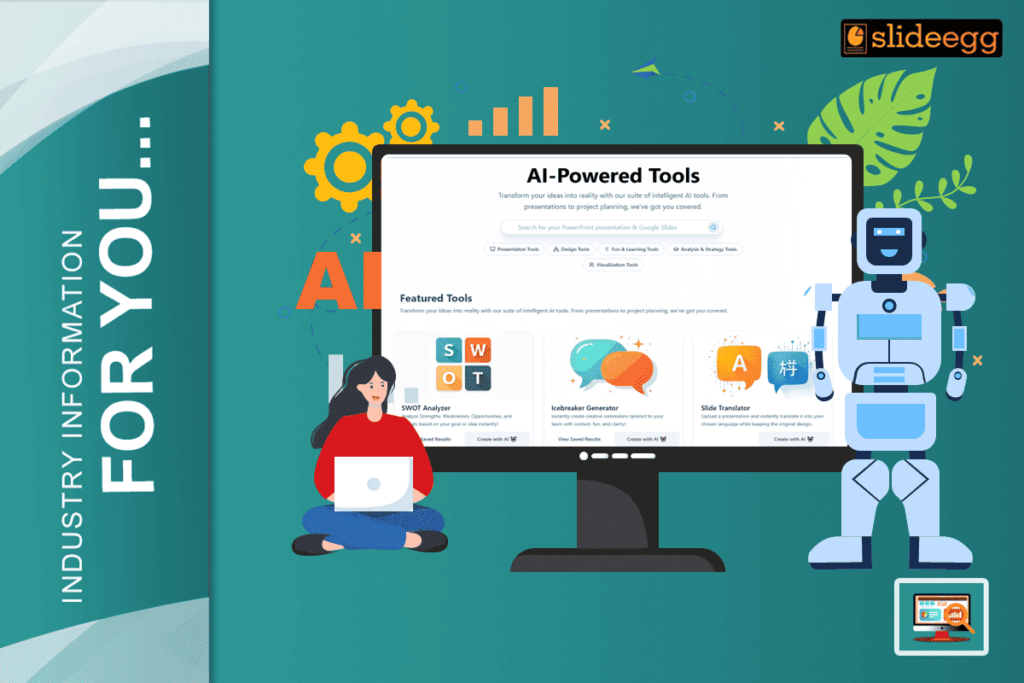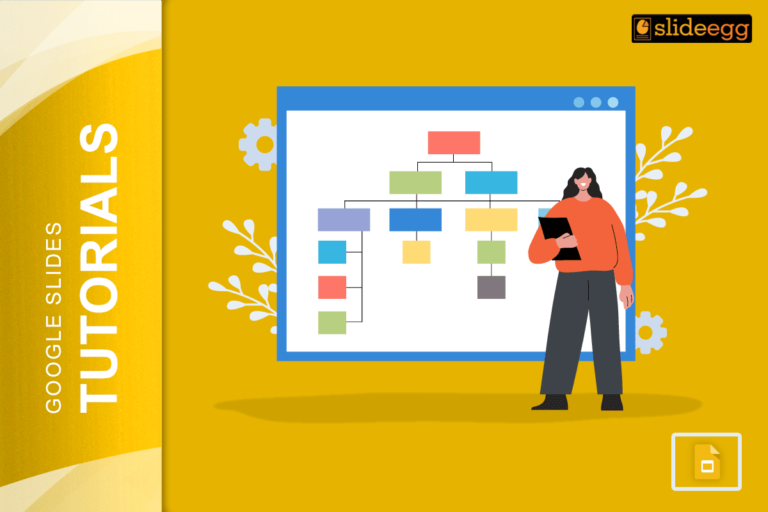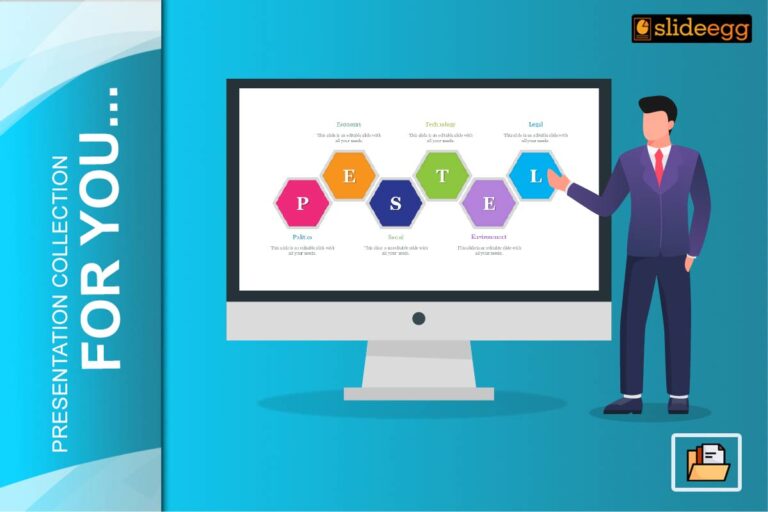Have you ever wondered what the exact difference between data and information is? Going more into detail, have you ever thought about the difference between data quality and information quality? After all, is there a difference between knowledge and wisdom?
Though we have different definitions, many examples, blogs, articles, videos, and podcasts for the above questions, we lack exact derivations over time. As we explore these topics, we need a tool or method to analyze the process of achieving proper definitions.
DIKW stands for Data, Information, Knowledge, and Wisdom, a method or framework often implied to generate proper knowledge and achieve wisdom from first-come data. Unlike other hierarchy models, the DIKW Pyramid has rigidly set building blocks – data is received first, information comes after, followed by knowledge, and wisdom is achieved at the end.
Come, let’s climb up the DIKW pyramid with the help of Slide Egg!
DATA is the first process to collect factual data about various events such as signals, characters, numbers, or symbols. It might be customer behaviors, an event, or raw and unprocessed data. The data received here is static, and it becomes useless if you don’t understand its meaning.
You get INFORMATION when the unorganized data is contextualized. When you apply different contexts to the unprocessed data, you can gain information from them. Different questions are being asked in this stage, such as “what,” “when,” and “who.” In short, the data is appropriately processed without letting go of its integrity.
In the model of DIKW, KNOWLEDGE is the crucial and significant stage. It does completely differ from the above stages. While information helps us to assimilate relationships, knowledge allows us to discover the ‘how.’ Knowledge, unlike data and information, is derived from our experience. It’s a mental structure that involves insights, values, and expertise.
WISDOM is the pinnacle stage of the DIKW model. It is not about the present but the future. You understand everything and make decisions wisely. Wisdom is comprehensive, and so are your decisions. No one can understand wisdom, but everyone can experience it personally when time permits.
The following example perfectly explains this mental model:
- Data: The weather is scorching!
- Information: The temperature rose 7 degrees, the humidity dropped by 7% in one hour, and then it started boiling at 12:30 pm.
- Knowledge: A sudden drop in the humidity, accompanied by a temperature rise, will likely make the atmosphere unable to hold the heat.
- Wisdom: With the observations derived from this model, we can predict why and when it will be hot in the future. There is no need for any systematic analyses needed hereafter. Since we have a comprehensive understanding of what happened before, we will be able to know and explain the situation when it takes place in the future.
How Can Your Organization Move Up With The DIKW Model?
The DIKW model is distinctive from other business models that help you draw a strategy or organize some organizational process. Instead, it is associated chiefly with individual minds and its process. Nevertheless, conducting further analysis backed by the DIKW model will undoubtedly help you gain wisdom to explore more about your industries.
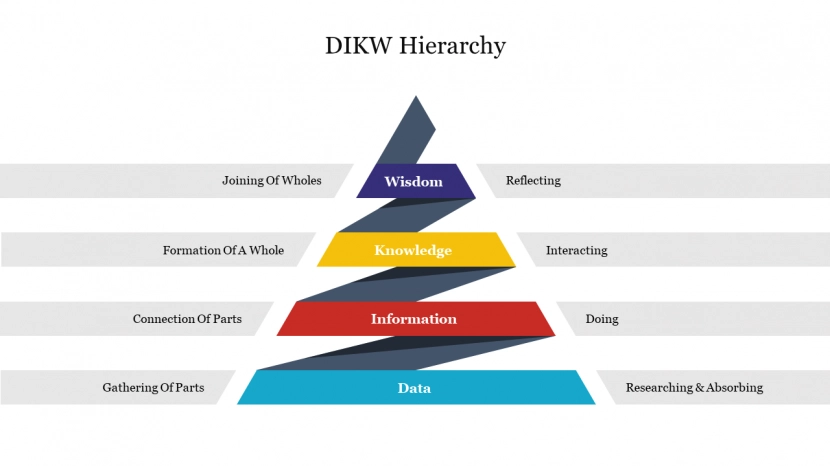
One of the excellent ways to create this DIKW Pyramid is Slide Egg. Its DIKW Model PowerPoint Templates are unique and easily customizable. Armed with multiple categories, designs, colors, shapes, and more, you can easily create one for your organization, thus climbing up the mountain of wisdom and gaining a competitive advantage. Use free PowerPoint templates to create an entire presentation at the time of meeting.
It’s time to learn how to climb up the DIKW pyramid with Slide Egg!
